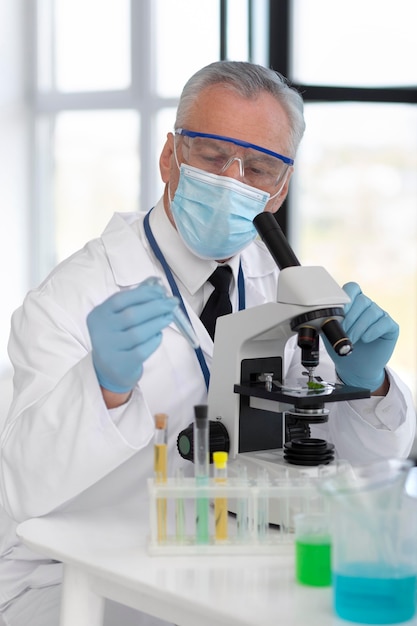
Varicose veins can be quite bothersome for some people. These veins typically appear as thick, twisted blue lines on the thighs and legs. Although no one knows exactly why some individuals are more susceptible to them, many believe genetics plays a significant role. Given that over half the population experiences these veins at some point, there’s likely more to it than just hereditary factors, but your family history might still have an influence.
Genetic links are often observed in conditions relating to blood vessels, including veins and arteries. If there’s an issue within your genetic line, it might be passed down, affecting vein structure. Varicose veins can sometimes indicate a deeper issue, often with hereditary roots, impacting other veins or arteries.
Within veins, tiny valves open and close to help blood flow. If these valves malfunction, blood flow is disrupted. If parents have this problem, their children may inherit it, making them susceptible to varicose veins.
Other factors can also contribute to varicose veins. Prolonged sitting during the day, pregnancy—which increases blood flow and pressure to the legs—straining, and aging can all weaken veins over time, potentially leading to varicose veins. Sometimes these veins occur even without any family history, simply because of the vein’s structure, while others may be more prone due to their lineage.
An example of genetic influence on veins is deep vein thrombosis, where blood clots form deep in the body, posing significant risks by blocking blood flow. However, maintaining an active lifestyle, regardless of genetic background, can help manage such vein issues. It’s also crucial to stay aware of symptoms, regardless of family history.
Many people seek treatment for varicose veins, which can be a topic of debate. Some view it as a cosmetic procedure, while others see it as necessary. Some have even attempted to get reimbursed for the treatment. Interestingly, some individuals might not even realize they have varicose veins unless they visibly notice them, as they might have no symptoms.
Others simply don’t like how they look and want them removed. Generally, varicose veins shouldn’t cause medical concern unless accompanied by additional symptoms. While they won’t vanish on their own, for those who experience itchiness or discomfort, consulting a specialist for treatment is advisable.